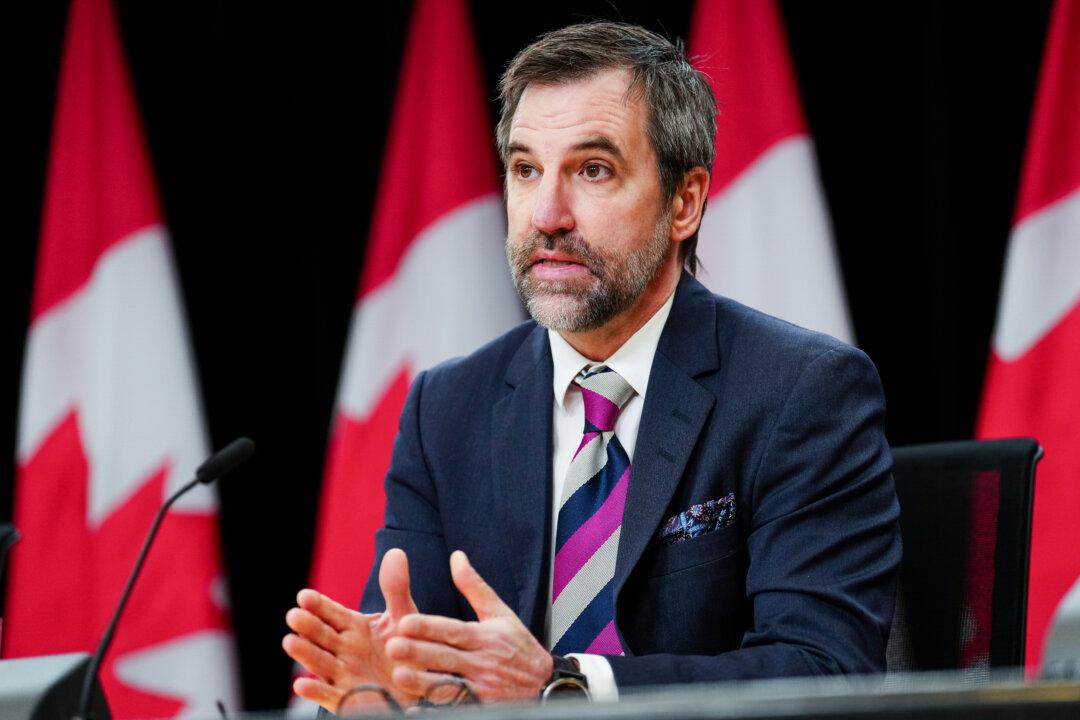Environment Minister Stephen Guilbeault says the federal government has no plans to do away with the carbon tax in the face of tariff threats from the incoming U.S. administration.
Guilbeault made the comments during a meeting of the Standing Committee on Environment and Sustainable Development on Nov. 28, in response to questioning from Conservative MP Dan Mazier on the matter.





